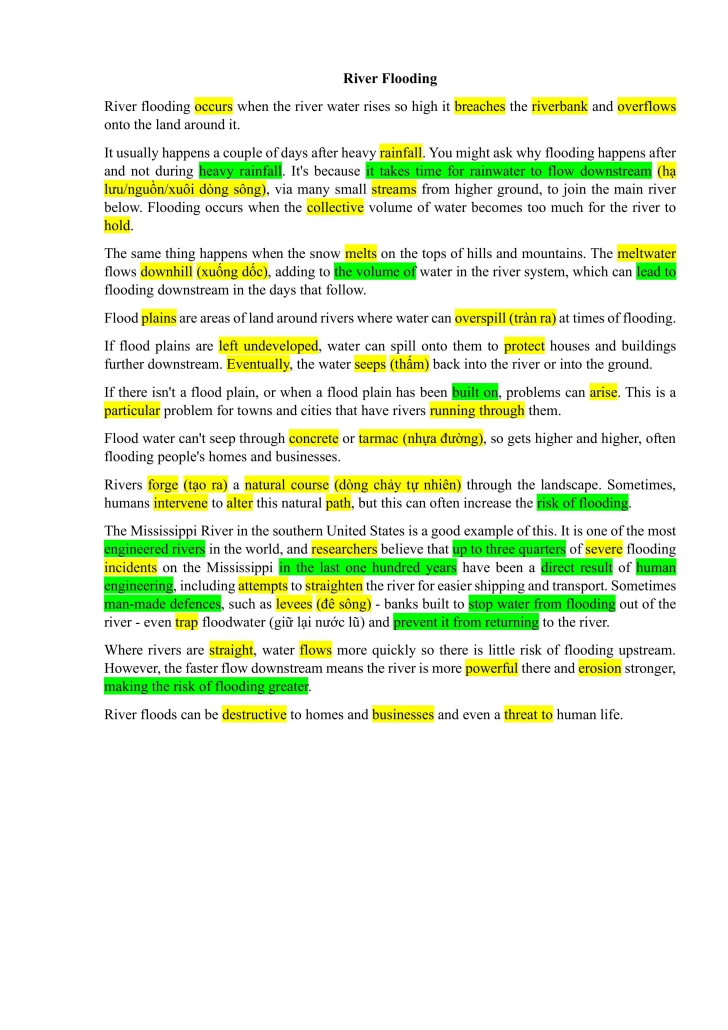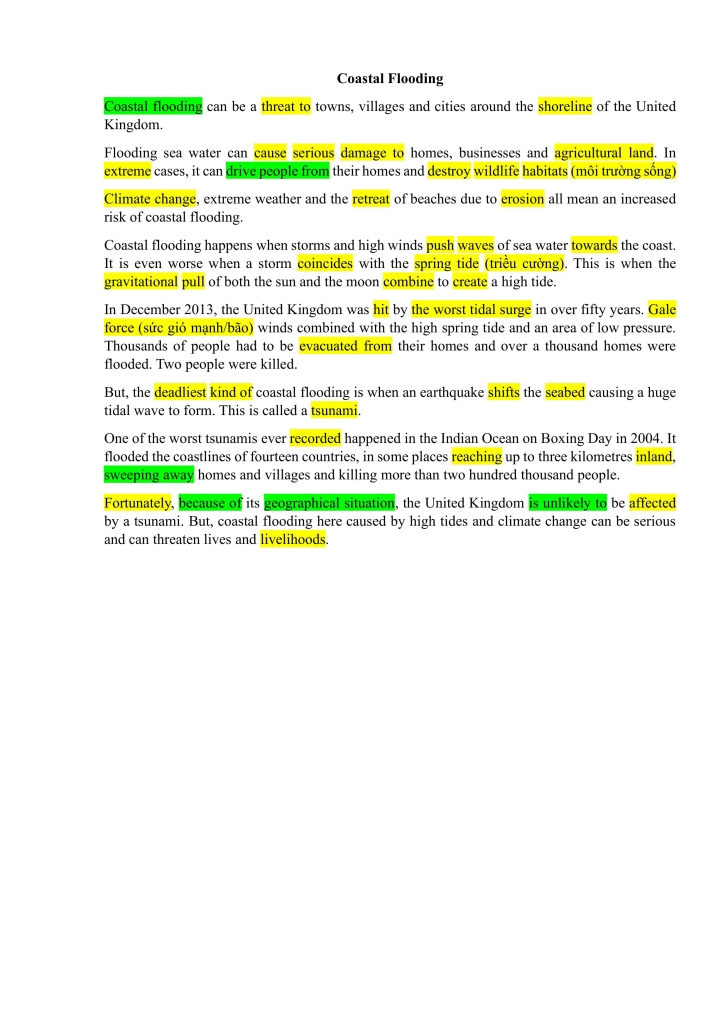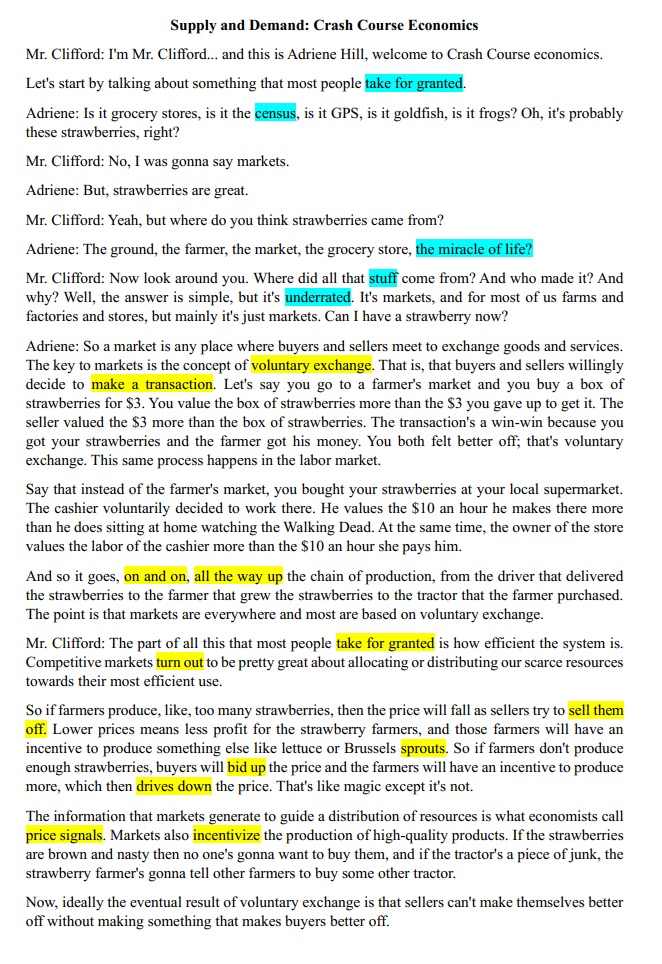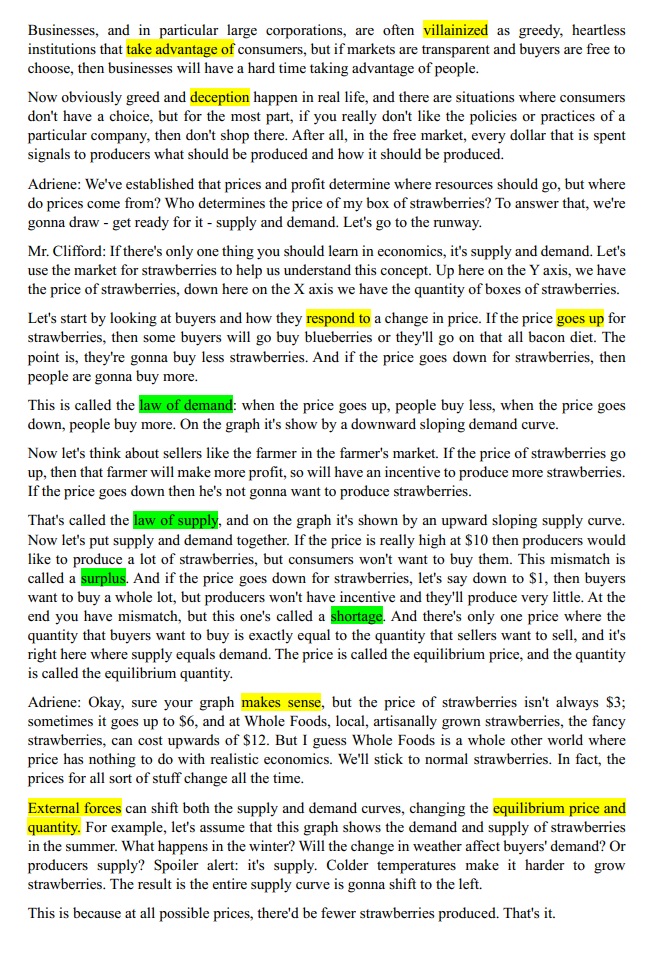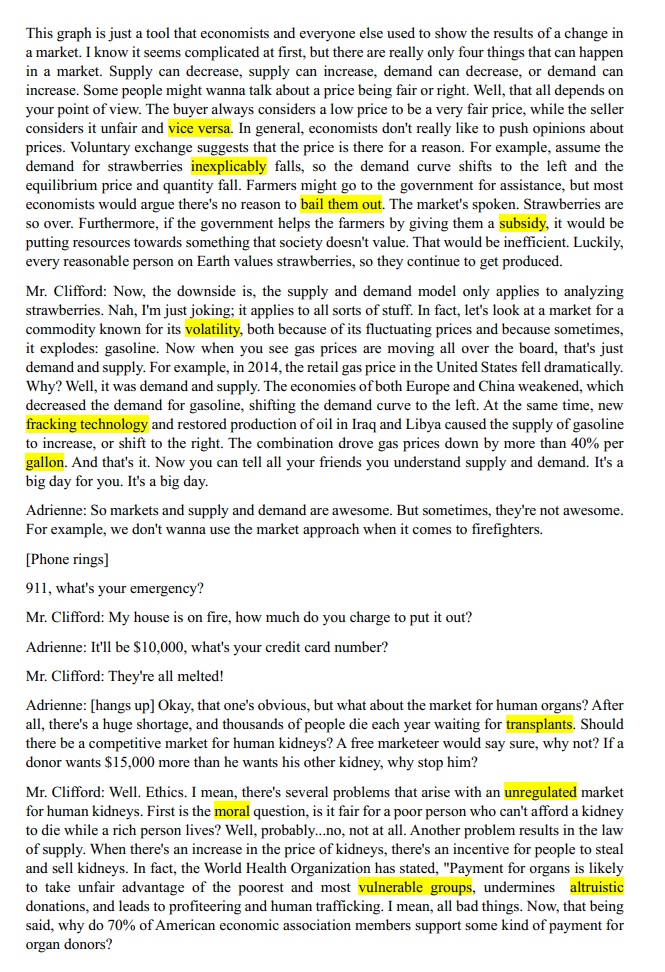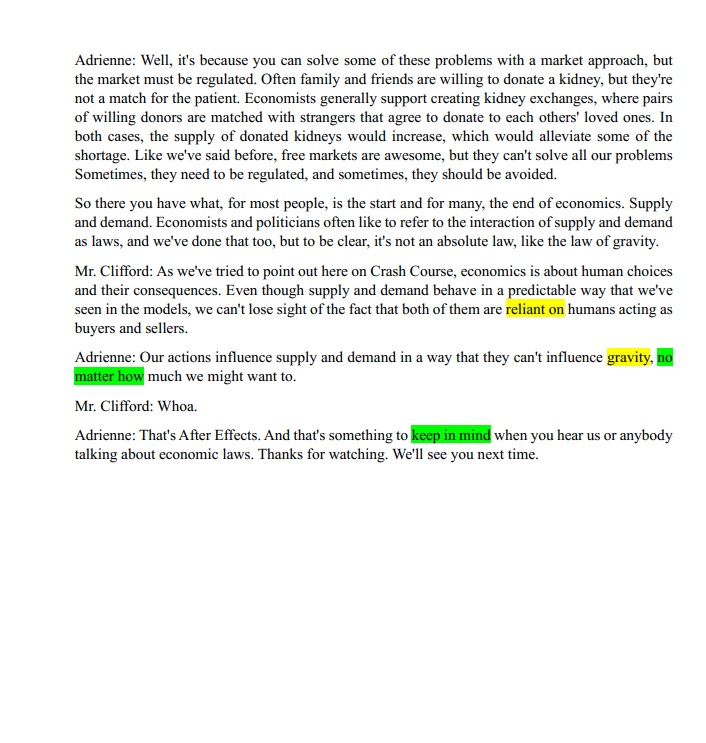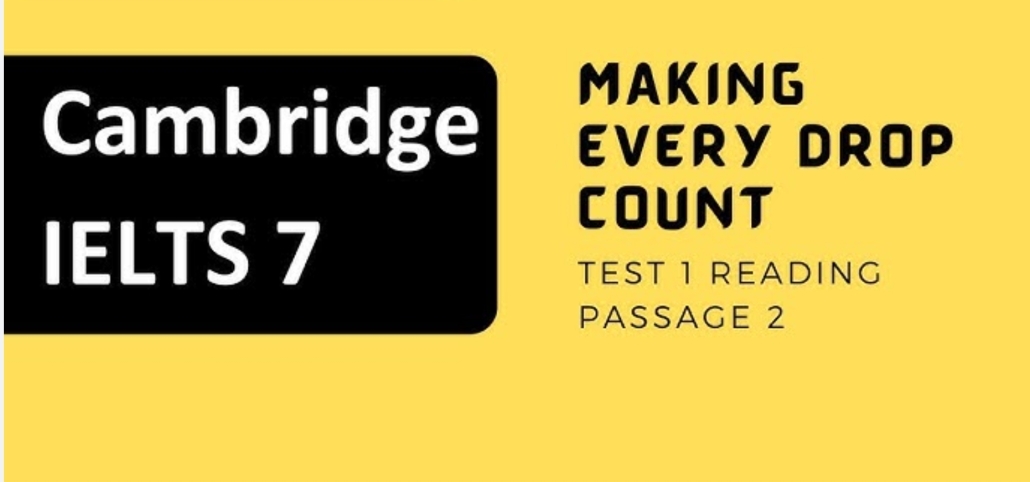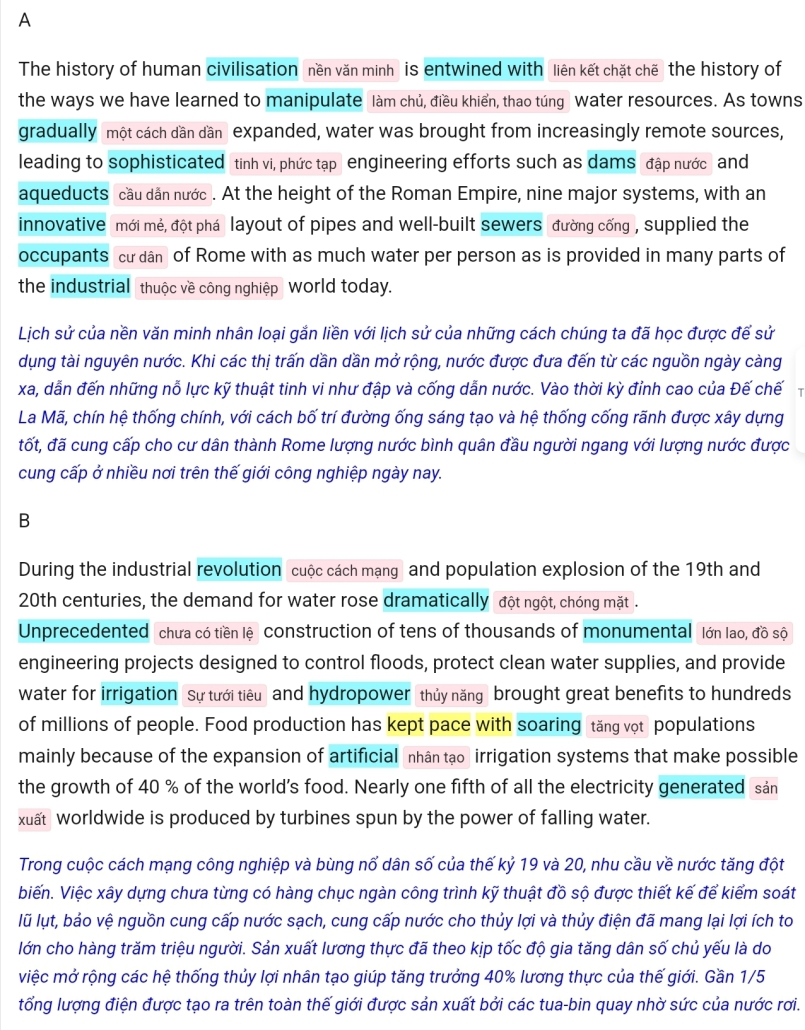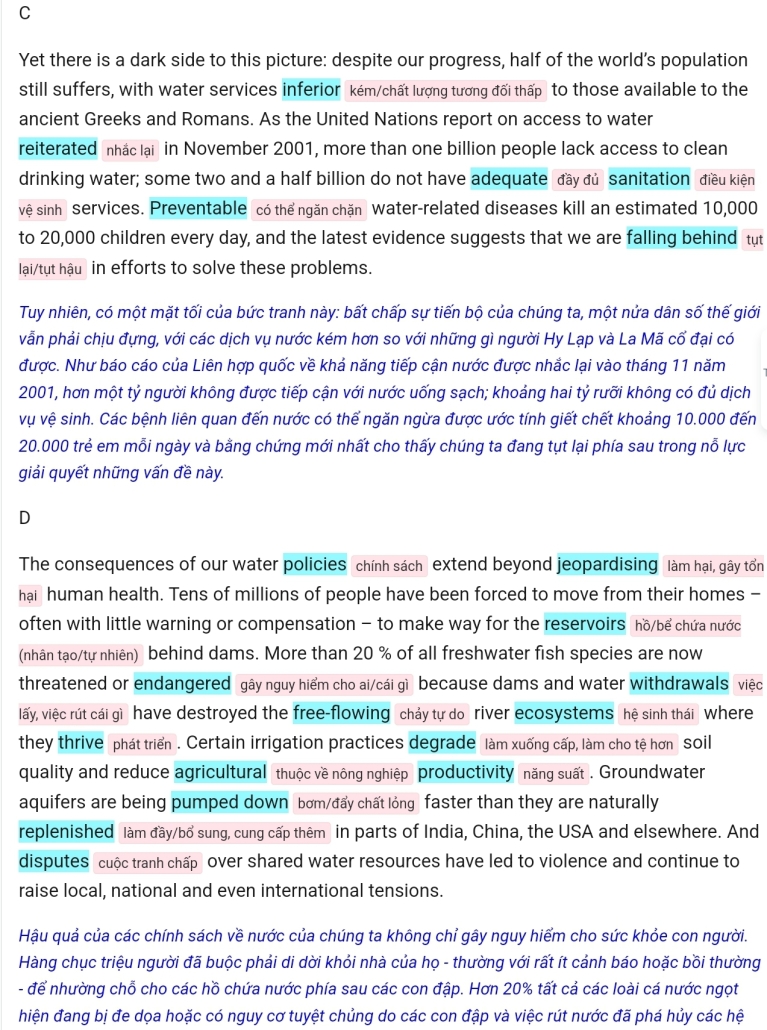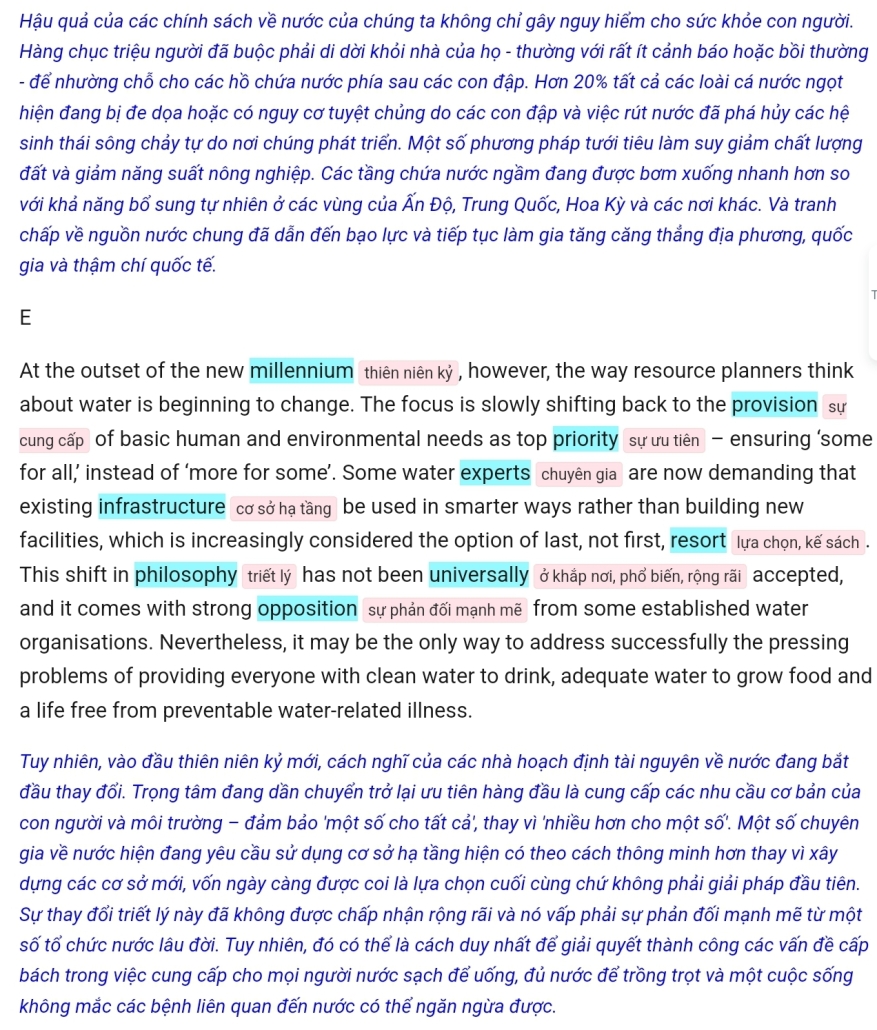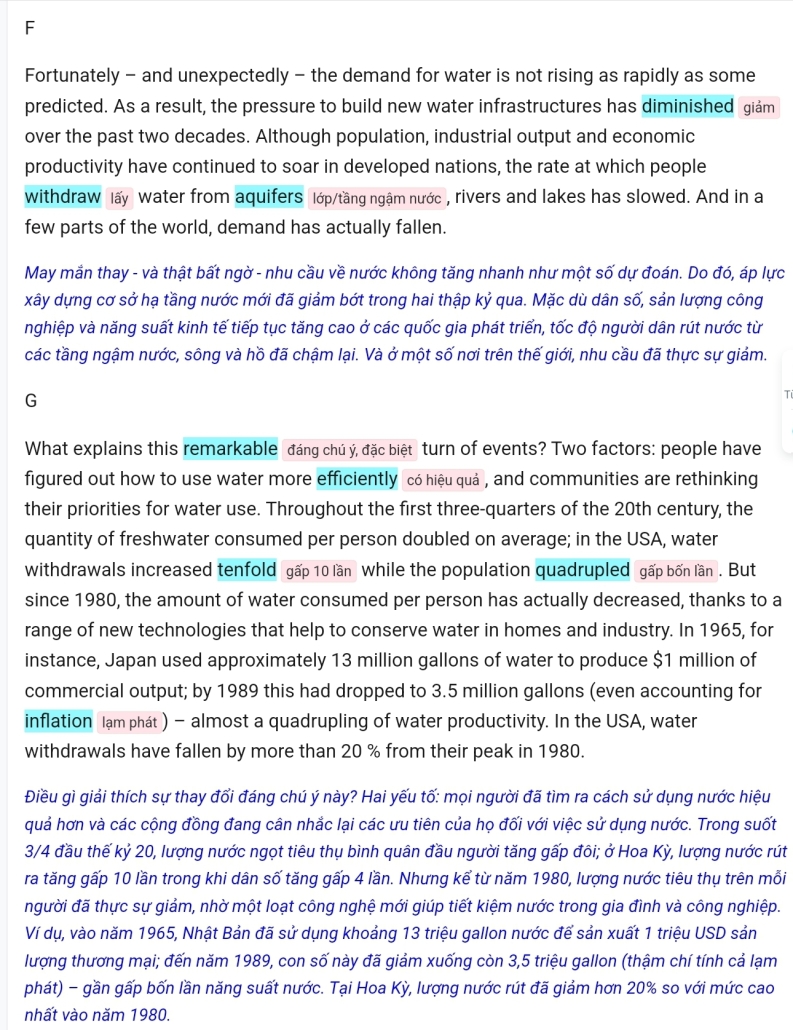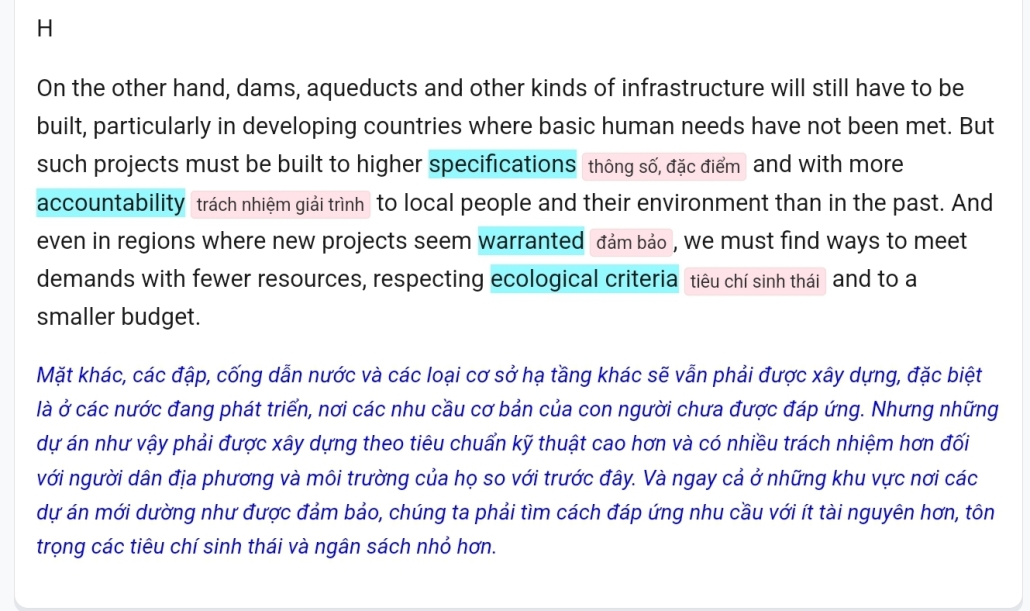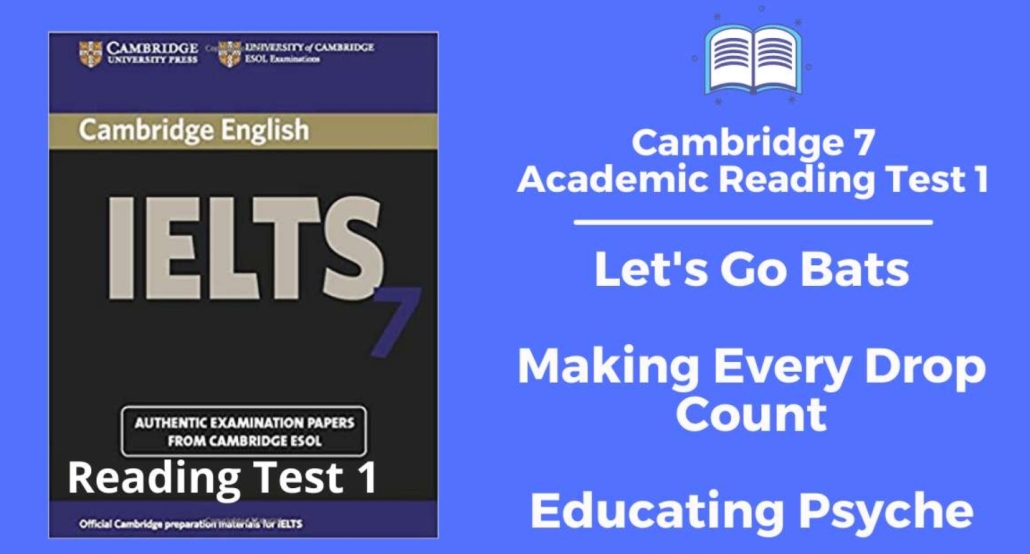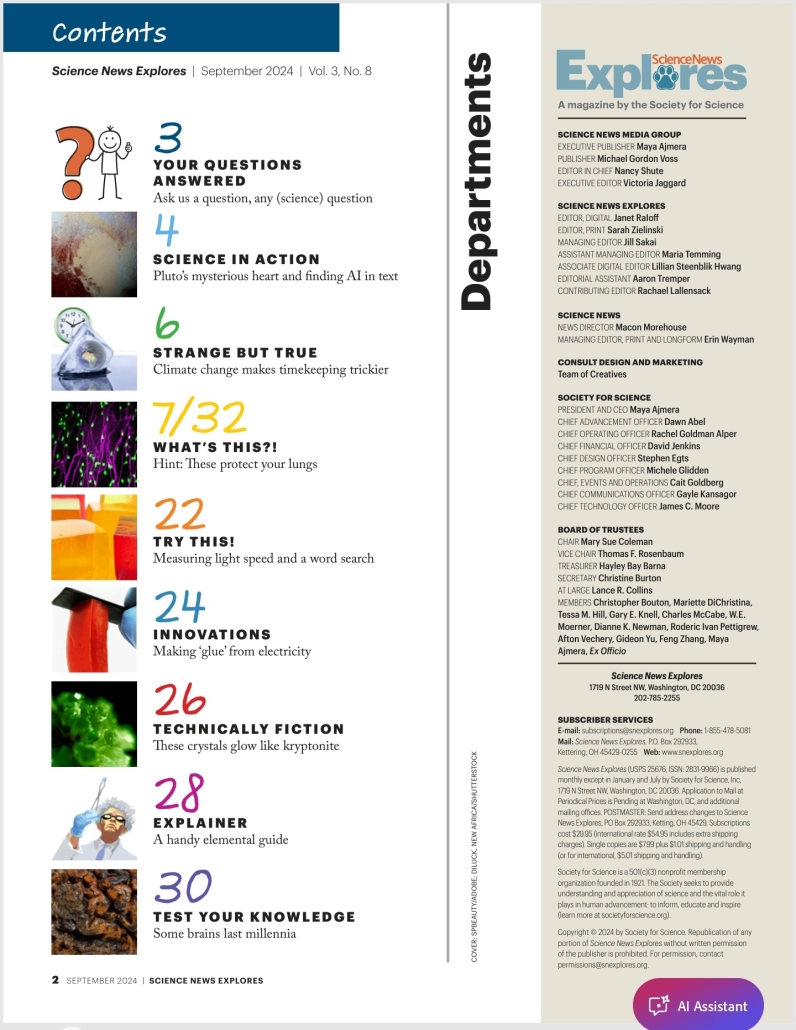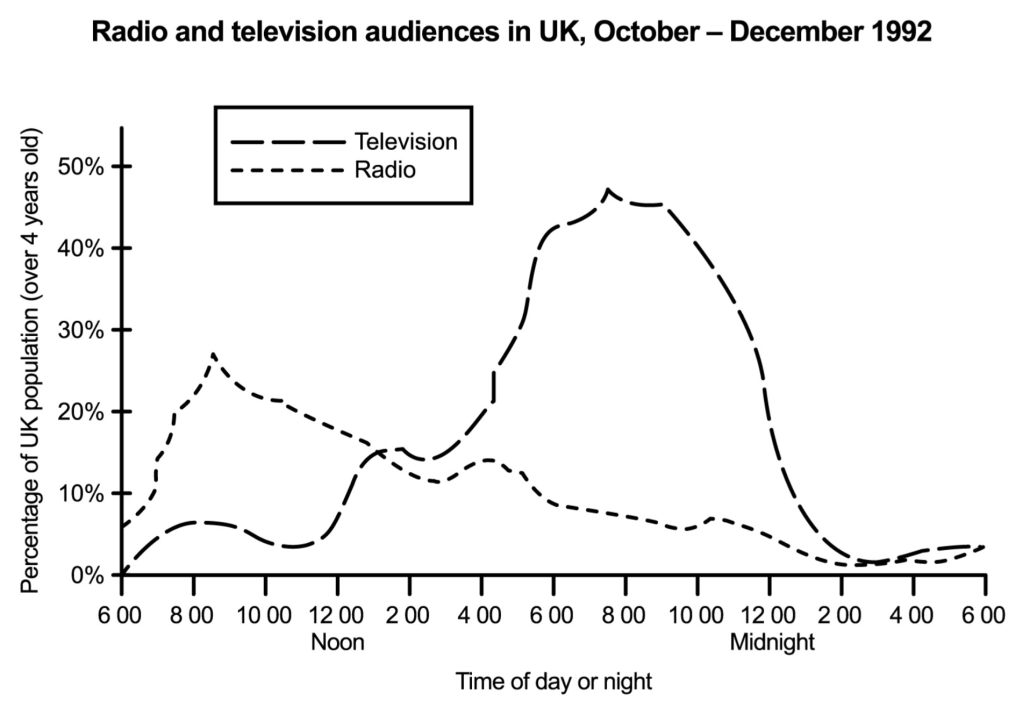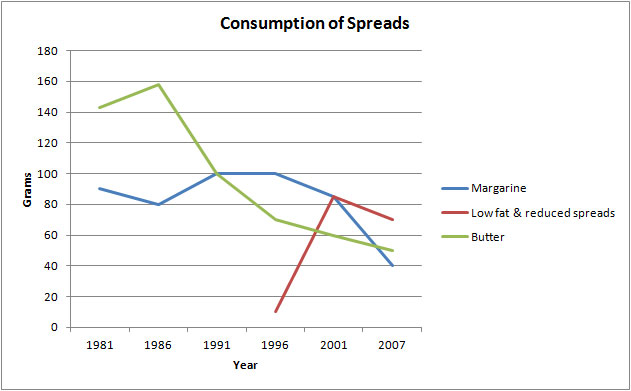Đề bài: People attend colleges universities for many different reasons (for example: new experiences, career preparation, increased knowledge.). Why do you think people attend colleges or universities? You should give reasons for answer using your own ideas and experience.
BÀI VIẾT CỦA HỌC VIÊN
A college education a highly revered benchmark around the world. In many countries, without a college-level degree, a citizen is not considered for state jobs. People attend colleges for many reasons but career preparation is the important goal among them.
Most students enroll in colleges bright career prospects and they study professional and job-oriented courses. If achieved with threshold scores, these courses increase the industrial employability of learners by training with the skills industries need. For example, many companies organize direct campus programs in colleges, offering professional courses, to hire ready-to-utilize resources with rewarding packages. To add to this, in many cases, based on education, employees get remuneration for the exact same job, and college education degrees play pivotal roles in accelerating promotion processes too.
On the other hand, in addition scintillating future career opportunities, university education also offers many new experiences. These experiences migration to new countries, befriending new people, working while studying, and, most importantly, learning to adjust with people. If we take look at foreign students’ data across Europe, it is eminent that around 20 % of students in Universities are Asian countries. These experiences burgeon adaptability skills to pursuers and help turning future paradigm citizens.
Some people also attend university courses to enhance knowledge. Students under this section mostly pursue challenging and doctorate degrees in their fields. Most of these learners turn researchers and help the of the world. Some governments offer enticing whooping packages to the best minds convince the latter to select this study stream.
Finally, considering all reasons attend colleges or universities, it is clear that the paramount reason is career growth. However, new experiences’ and ‘enhancing knowledge’ are also prodigious reasons.
CHỮA BÀI CHI TIẾT
TASK RESPONSE 7
Band Score for Task Response: 7
- Answer All Parts of the Question:
- Detailed explanation: The essay addresses the prompt by discussing three main reasons why people attend colleges and universities: career preparation, new experiences, and increased knowledge. Each reason is presented with supporting details, such as the importance of employability and the benefits of new experiences. However, the essay could have been more comprehensive by explicitly linking each reason back to the question prompt, ensuring that all aspects of the question are fully explored.
- How to improve: To enhance the response, the writer should ensure that each reason is clearly articulated in relation to the prompt. For instance, explicitly stating how each reason contributes to the overall purpose of attending college would strengthen the argument. Additionally, providing more specific examples or personal anecdotes could enrich the discussion.
- Present a Clear Position Throughout:
- Detailed explanation: The essay maintains a clear position that career preparation is the most significant reason for attending college, supported by relevant examples. However, the transition between discussing different reasons could be smoother, as the essay sometimes feels disjointed. The phrase “considering all reasons attend colleges or universities” at the end could be clearer in emphasizing the main argument.
- How to improve: To improve clarity and consistency, the writer should use clear topic sentences for each paragraph that directly relate back to the main thesis. Additionally, reinforcing the main position throughout the essay with transitional phrases can help guide the reader and maintain focus.
- Present, Extend, and Support Ideas:
- Detailed explanation: The essay presents several ideas related to the reasons for attending college, such as employability and adaptability. However, some points lack depth and could benefit from further elaboration. For example, the mention of “many companies organize direct campus programs” could be expanded with specific examples of such programs or statistics to support the claim.
- How to improve: To effectively present and support ideas, the writer should aim to elaborate on each point with more detailed examples, statistics, or personal experiences. This not only strengthens the argument but also engages the reader more effectively.
- Stay on Topic:
- Detailed explanation: The essay generally stays on topic, focusing on the reasons for attending college. However, there are moments where the discussion strays slightly, such as the mention of “foreign students’ data across Europe,” which, while relevant, could be more directly tied to the main argument about reasons for attending college.
- How to improve: To maintain focus, the writer should ensure that every point made directly supports the main argument. Avoiding tangential information and ensuring that all examples are relevant to the reasons discussed will help keep the essay on topic. Additionally, reviewing the essay for any off-topic sentences before finalizing it can help maintain coherence.
COHERENCE AND COHESION
Band Score for Coherence and Cohesion: 7
- Organize Information Logically:
- Detailed explanation: The essay presents a clear structure with an introduction, body paragraphs, and a conclusion. Each paragraph addresses a specific reason for attending college or university, which helps in maintaining a logical flow. For instance, the first body paragraph focuses on career preparation, while the second discusses new experiences, and the third highlights knowledge enhancement. However, the transition between ideas could be smoother, particularly in the shift from discussing career preparation to new experiences, where the connection could be more explicitly stated.
- How to improve: To enhance logical organization, consider using clearer topic sentences that outline the main idea of each paragraph. Additionally, incorporating transitional phrases (e.g., “Furthermore,” “In addition,” “Conversely”) at the beginning of paragraphs or between sentences can help guide the reader through the argument more effectively.
- Use Paragraphs:
- Detailed explanation: The essay effectively uses paragraphs to separate different ideas, which is a strength. Each paragraph is focused on a specific aspect of why people attend college or university. However, some paragraphs could benefit from more development and clarity. For example, the paragraph discussing new experiences lacks depth and could be expanded with more specific examples or explanations.
- How to improve: To improve paragraph effectiveness, ensure that each paragraph contains a clear main idea followed by supporting details. For instance, in the paragraph about new experiences, consider elaborating on how these experiences contribute to personal growth or career readiness. Additionally, maintaining consistent paragraph length can help in presenting a balanced argument.
- Use a Range of Cohesive Devices:
- Detailed explanation: The essay demonstrates some use of cohesive devices, such as “for example” and “on the other hand.” However, the range of cohesive devices is somewhat limited, which can affect the overall fluidity of the essay. For instance, the phrase “to add to this” is somewhat informal and could be replaced with a more formal transition. The use of cohesive devices is also inconsistent; some sentences feel abrupt due to a lack of connecting phrases.
- How to improve: To diversify and effectively use cohesive devices, incorporate a wider range of linking words and phrases. For example, use “Moreover,” “Additionally,” “Consequently,” and “In contrast” to connect ideas and enhance the flow of the essay. Practicing the use of these devices in different contexts can help in making the writing more cohesive and engaging.
Overall, while the essay demonstrates a solid understanding of the topic and presents coherent arguments, focusing on improving the logical flow, enhancing paragraph development, and diversifying cohesive devices will help elevate the score in Coherence and Cohesion.
LEXICAL RESOURCE
Band Score for Lexical Resource: 6
- Use a Wide Range of Vocabulary:
- Detailed explanation: The essay demonstrates a reasonable range of vocabulary, with terms such as “revered benchmark,” “career preparation,” and “industrial employability.” However, the vocabulary is somewhat limited in variety and sophistication. For instance, phrases like “bright career prospects” and “pivotal roles” are effective, but the essay could benefit from more varied expressions to convey similar ideas. Additionally, some phrases, such as “ready-to-utilize resources,” feel awkward and less natural.
- How to improve: To enhance vocabulary range, consider incorporating synonyms and more advanced expressions. For example, instead of repeating “career preparation,” you could use “professional development” or “vocational training.” Additionally, exploring idiomatic expressions or collocations related to education and career could enrich the essay’s lexical diversity.
- Use Vocabulary Precisely:
- Detailed explanation: While the essay includes some precise vocabulary, there are instances of imprecise usage that can lead to confusion. For example, the phrase “the important goal among them” could be more clearly stated as “the primary goal among them.” Furthermore, “scintillating future career opportunities” may come off as overly embellished and could be simplified to “exciting career opportunities.” The phrase “help the of the world” is unclear and appears to be a typographical error.
- How to improve: Focus on clarity and precision in word choice. Review each sentence to ensure that the vocabulary accurately reflects the intended meaning. For example, instead of “help the of the world,” clarify the intended message, perhaps by saying “help advance knowledge in their fields.” Regularly practicing paraphrasing can also aid in developing a more precise vocabulary.
- Use Correct Spelling:
- Detailed explanation: The essay contains several spelling errors that detract from its overall quality. For instance, “migration” should be “migrating” in the context used, and “the of the world” appears to be a typographical error. Additionally, “whooping packages” is an incorrect use of “whooping,” which should be “whopping” in this context. Such errors can distract the reader and undermine the writer’s credibility.
- How to improve: To improve spelling accuracy, consider implementing a proofreading strategy. After writing, take a break and then review the essay for spelling and grammatical errors. Utilizing spell-check tools and reading the essay aloud can also help identify mistakes. Additionally, maintaining a personal list of commonly misspelled words and practicing them can enhance overall spelling proficiency.
In summary, while the essay demonstrates a foundational understanding of vocabulary, there is room for improvement in the range, precision, and accuracy of word usage. By actively expanding vocabulary, focusing on clarity, and enhancing spelling practices, the writer can work towards a higher band score in the Lexical Resource criteria.
GRAMMAR
Band Score for Grammatical Range and Accuracy: 7
- Use a Wide Range of Structures:
- Detailed explanation: The essay demonstrates a good variety of sentence structures, including simple, compound, and complex sentences. For instance, the use of conditional clauses in “If achieved with threshold scores, these courses increase the industrial employability of learners” showcases an effective complex structure. However, there are instances where the sentence structures could be more varied. For example, the phrase “People attend colleges for many reasons but career preparation is the important goal among them” could be restructured for greater impact, perhaps by using a more complex introductory clause.
- How to improve: To enhance the variety of sentence structures, the writer could incorporate more complex sentences that include subordinate clauses and varied conjunctions. For instance, instead of “Most students enroll in colleges bright career prospects,” the writer could say, “Most students enroll in colleges not only for bright career prospects but also to gain valuable skills that are in high demand.” This would add depth and complexity to the writing.
- Use Grammar and Punctuation Accurately:
- Detailed explanation: The essay contains several grammatical errors and punctuation issues that detract from its overall clarity. For example, the phrase “A college education a highly revered benchmark” is missing a verb, which should be “is.” Additionally, there are punctuation errors such as the incorrect use of commas, as seen in “These experiences migration to new countries,” which should include “involve” to clarify the meaning. The use of “to help the of the world” is also grammatically incorrect and unclear.
- How to improve: To improve grammatical accuracy, the writer should carefully proofread the essay to catch missing verbs and awkward phrases. It would be beneficial to practice identifying common grammatical structures and their correct usage. For punctuation, the writer should review the rules regarding comma placement, especially in complex sentences. Engaging in exercises that focus on sentence construction and punctuation could also help solidify these skills.
Overall, while the essay demonstrates a solid understanding of the topic and presents a coherent argument, focusing on enhancing the variety of sentence structures and improving grammatical accuracy will help elevate the writing to a higher band score.
BÀI VIẾT MẪU THAM KHẢO
A college education is a highly revered benchmark globally. In many countries, without a college-level degree, individuals are not considered for state positions. People attend colleges for various reasons, with career preparation being a primary objective among them.
Most students enroll in colleges for bright career prospects, and they pursue professional and job-oriented courses. If they achieve threshold scores, these courses enhance the industrial employability of learners by imparting the skills industries require. For example, many companies organize direct campus recruitment programs in colleges, offering professional courses to hire ready-to-utilize resources with competitive compensation packages. Additionally, in many cases, based on education, employees receive the same remuneration for the same job, and college education degrees play pivotal roles in accelerating promotion processes as well.
On the other hand, in addition to scintillating future career opportunities, university education also offers many new experiences. These experiences include migration to new countries, forming new friendships, working while studying, and, most importantly, learning to adjust to diverse environments. If we examine foreign students’ data across Europe, it is evident that around 20% of students in universities come from Asian countries. These experiences enhance adaptability skills for future pursuers and help shape future paradigm citizens.
Some individuals also attend university courses to increase their knowledge. Students in this category mostly pursue challenging and doctorate degrees in their fields. Many of these learners become researchers and contribute significantly to the advancement of the world. Some governments offer attractive compensation packages to the best minds to encourage them to select this study stream.
Finally, considering all the reasons people attend colleges or universities, it is clear that the paramount reason is career growth. However, the pursuit of new experiences and the desire to enhance knowledge are also significant reasons.
